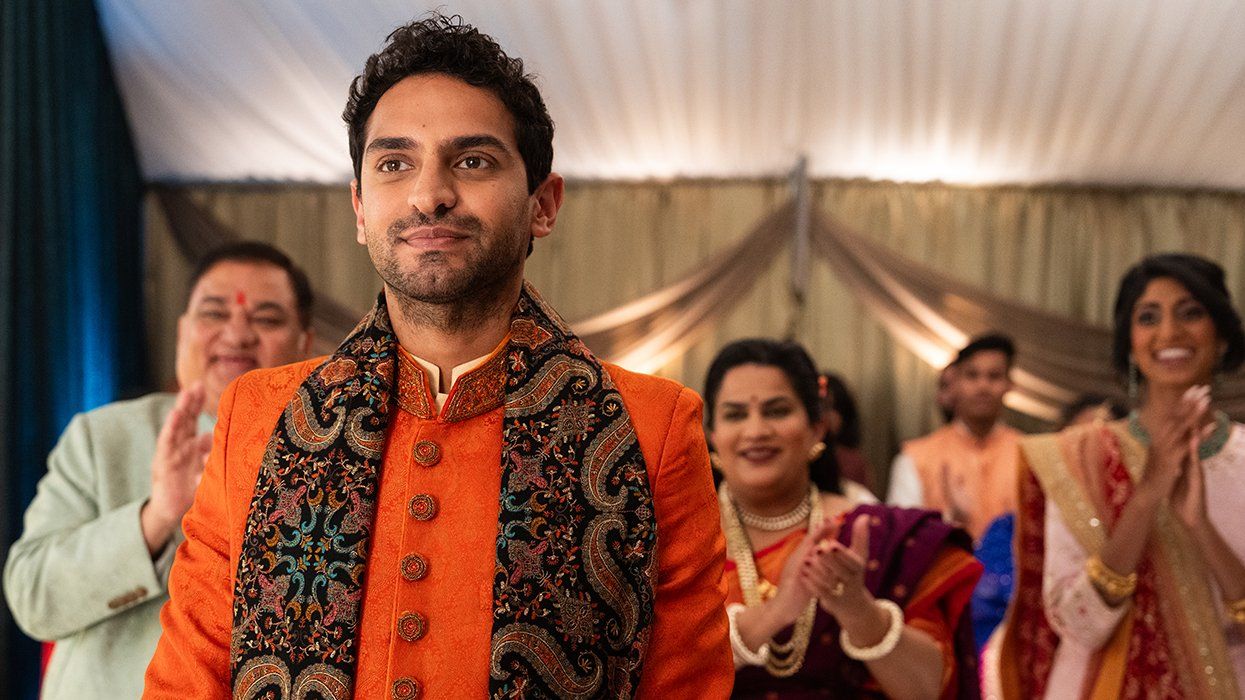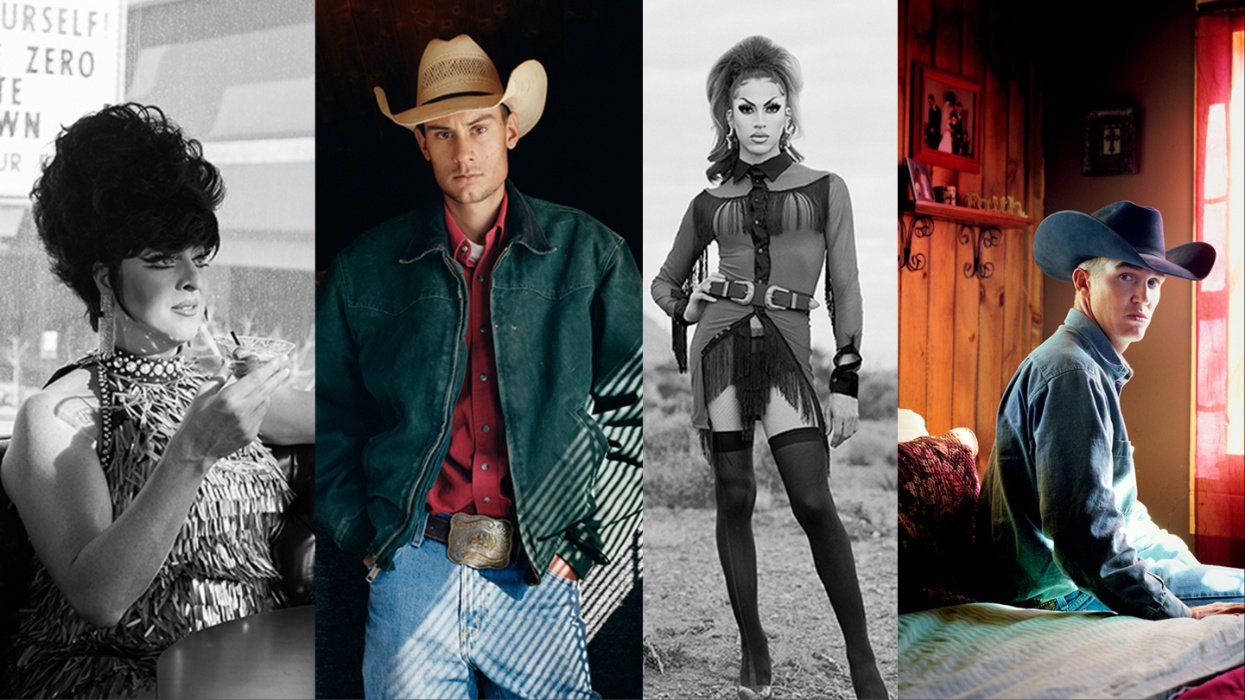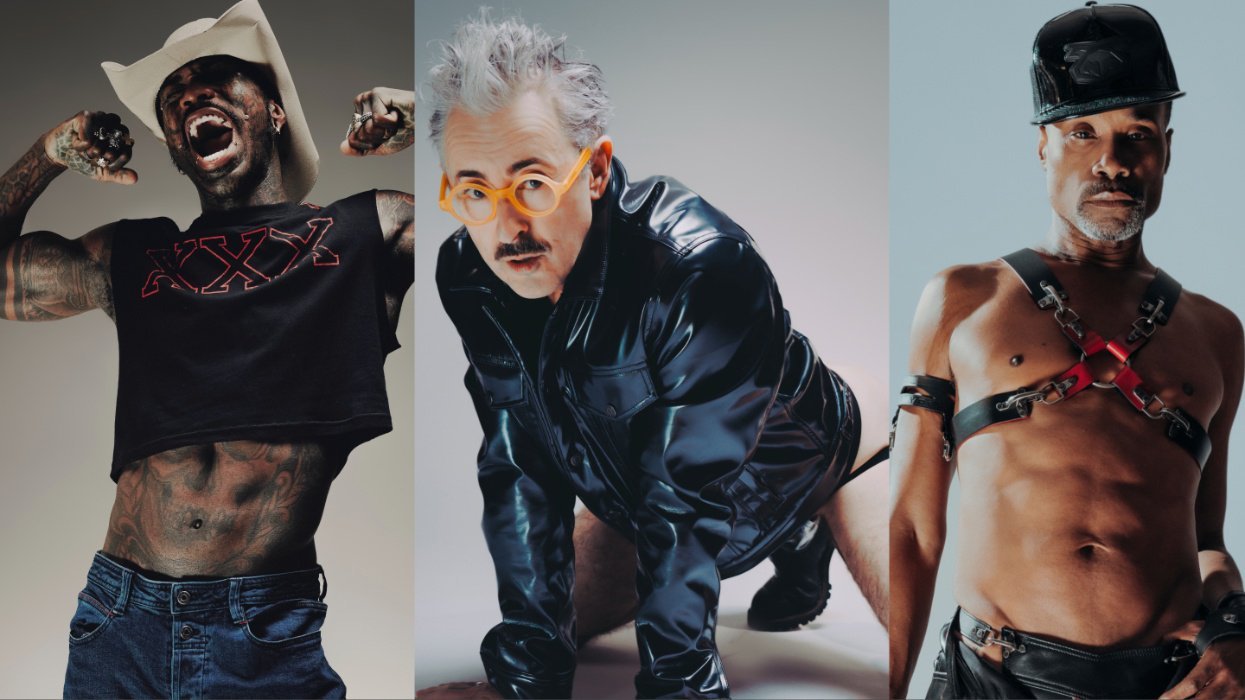CONTACTAbout UsCAREER OPPORTUNITIESADVERTISE WITH USPRIVACY POLICYPRIVACY PREFERENCESTERMS OF USELEGAL NOTICE
© 2025 Equal Entertainment LLC.
All Rights reserved
All Rights reserved
Scroll To Top






















By continuing to use our site, you agree to our Private Policy and Terms of Use.
Language Matters
The spectrum of gender expression and sexuality has become more visible with each generation. Millennials proudly proclaim labels from "queer" to "bisexual" to "pansexual," while some eschew labels altogether. While language is useful, for decades labeling has been both helpful and hurtful to queer women. While some wear a “butch” or “femme” label as badge of honor, others prefer a more fluid approach to discussing their outward expression. Words like “dyke” or “bull dagger” have been hurled at lesbians by those wishing to inflict harm, only for many of those women on the receiving end to reclaim the word as a symbol of power. And a few terms that were used even within the queer female community have been called out for excluding, erasing, or offending bisexual women.
Butch/femme identities and the accompanying culture began to surface at the turn of the 20th century, reaching a heyday from the 1940s through the '60s, according to GLBTArchive.com. From there, micro-identities emerged, like “soft butch” and “lipstick lesbian.” Here are 20 identities that have been applied to queer women for better or worse beginning with the emergence of butch and femme.

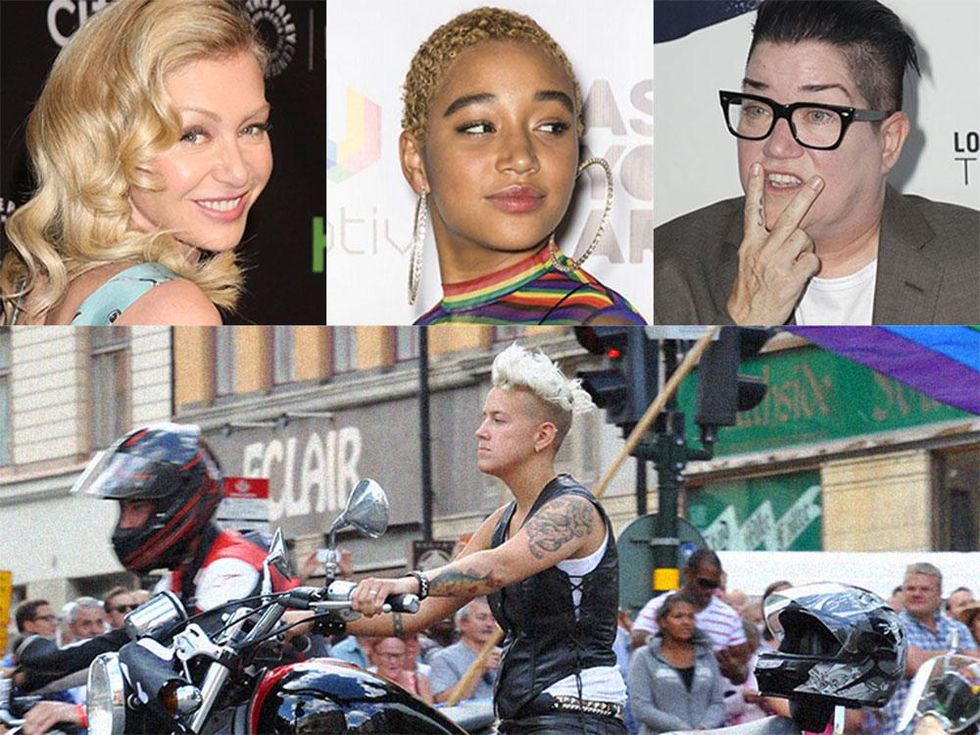
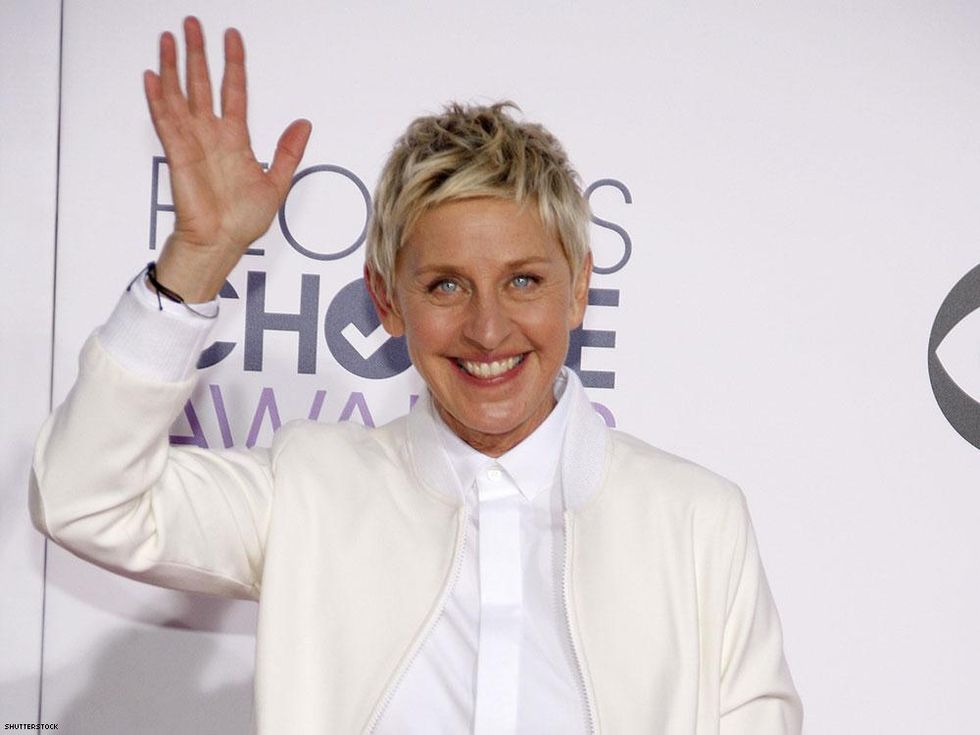

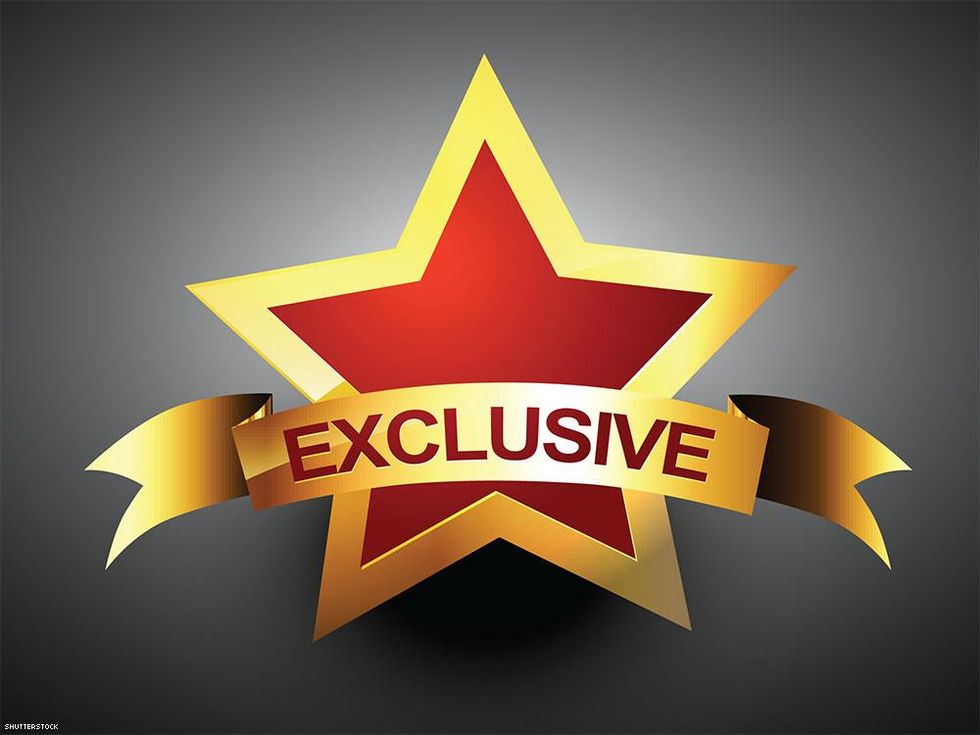
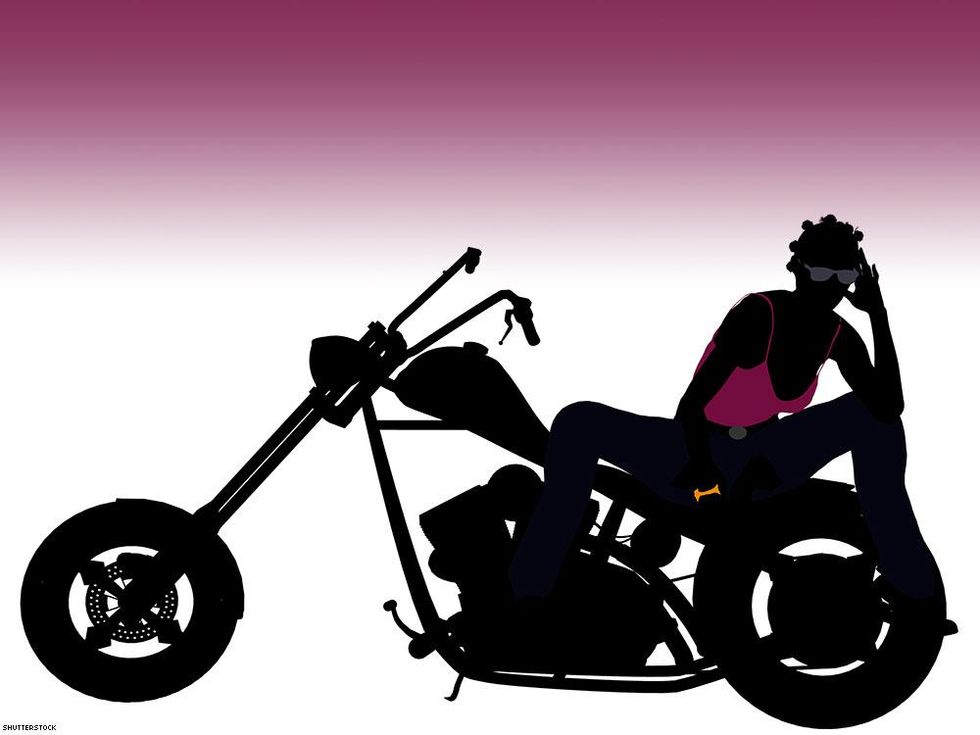
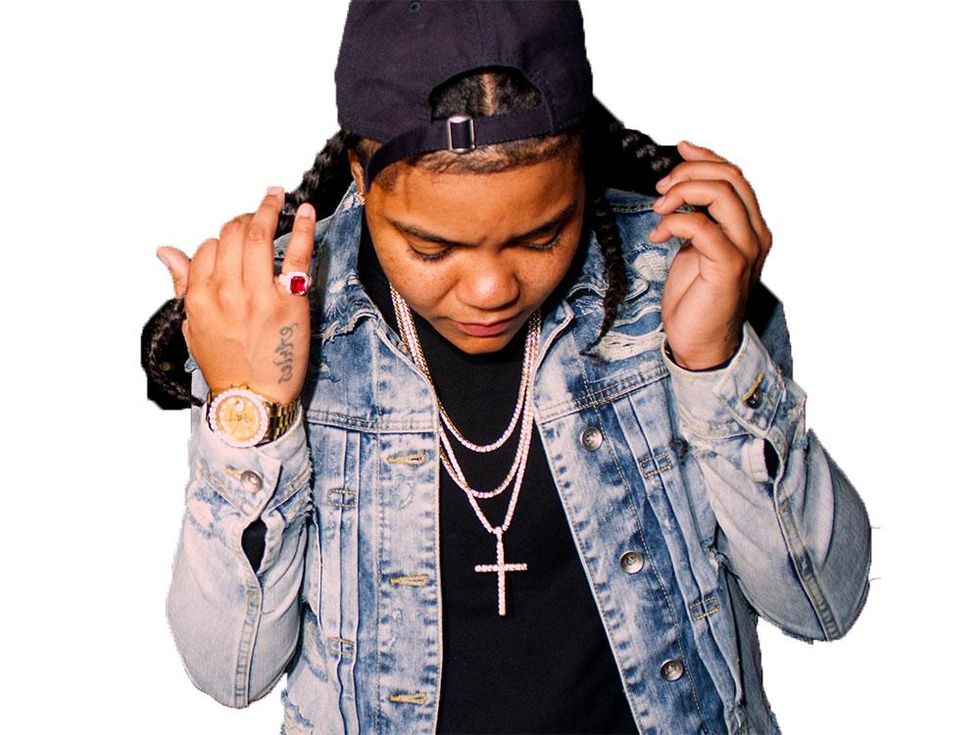
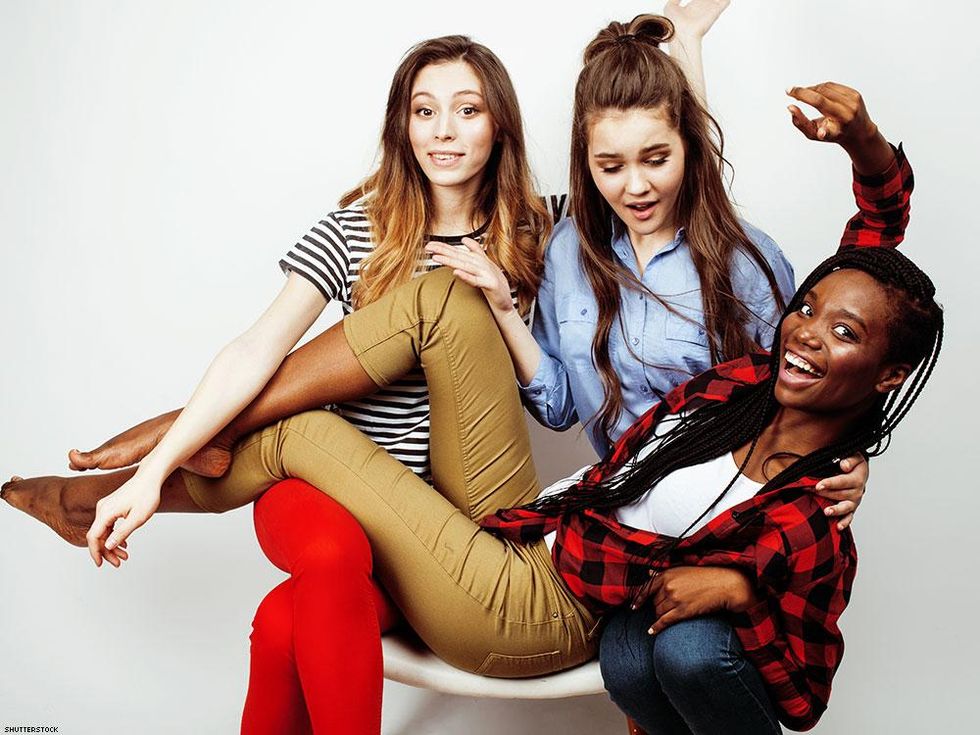
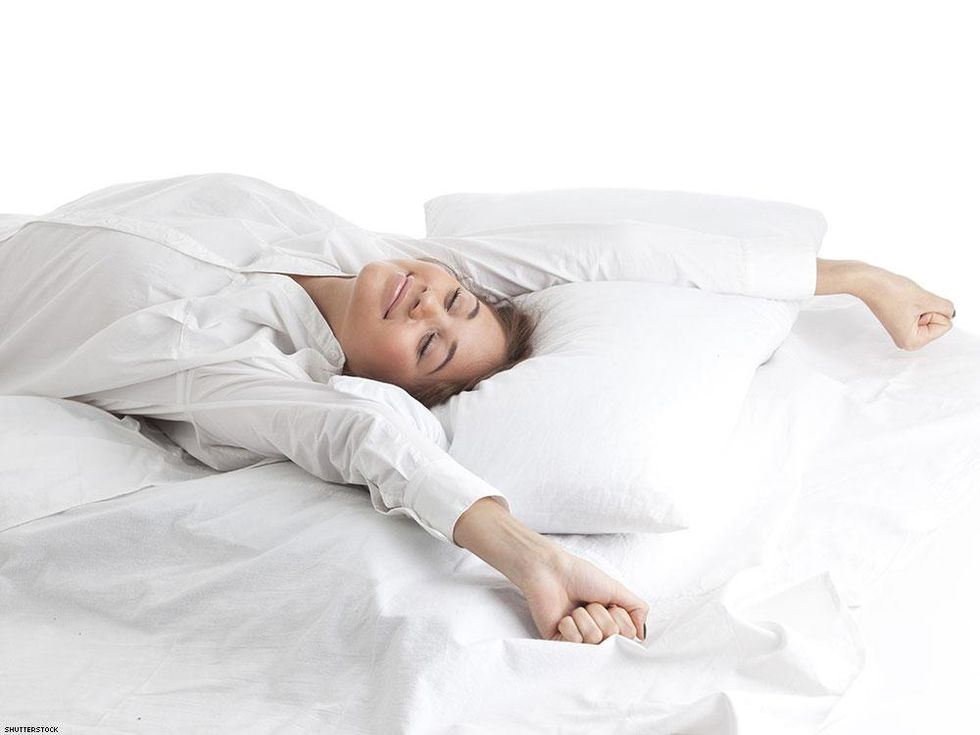
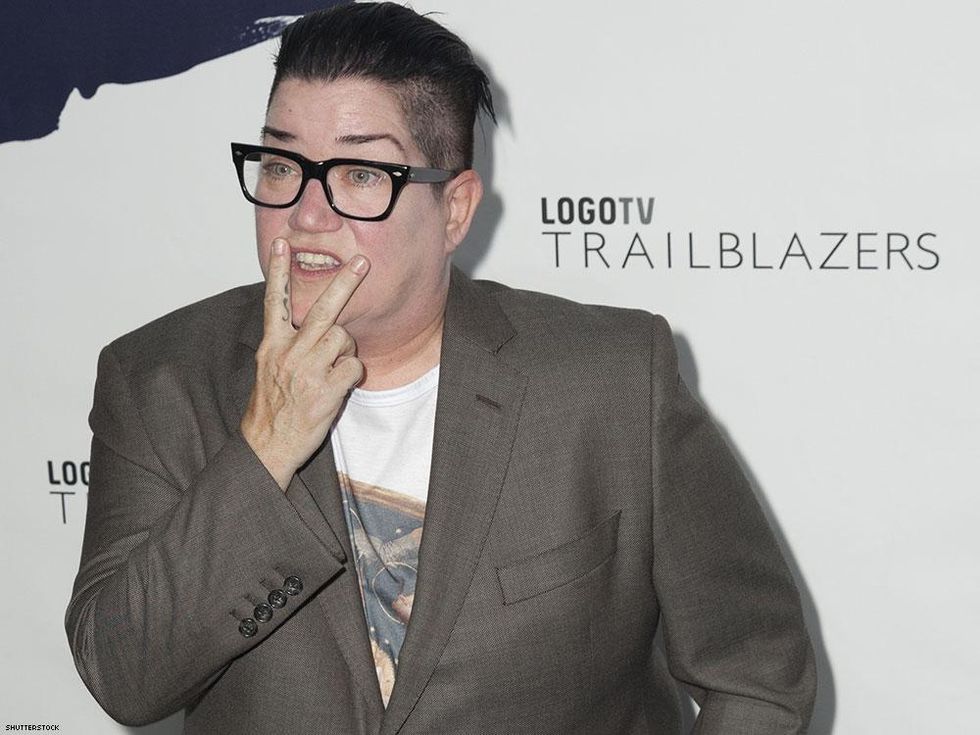
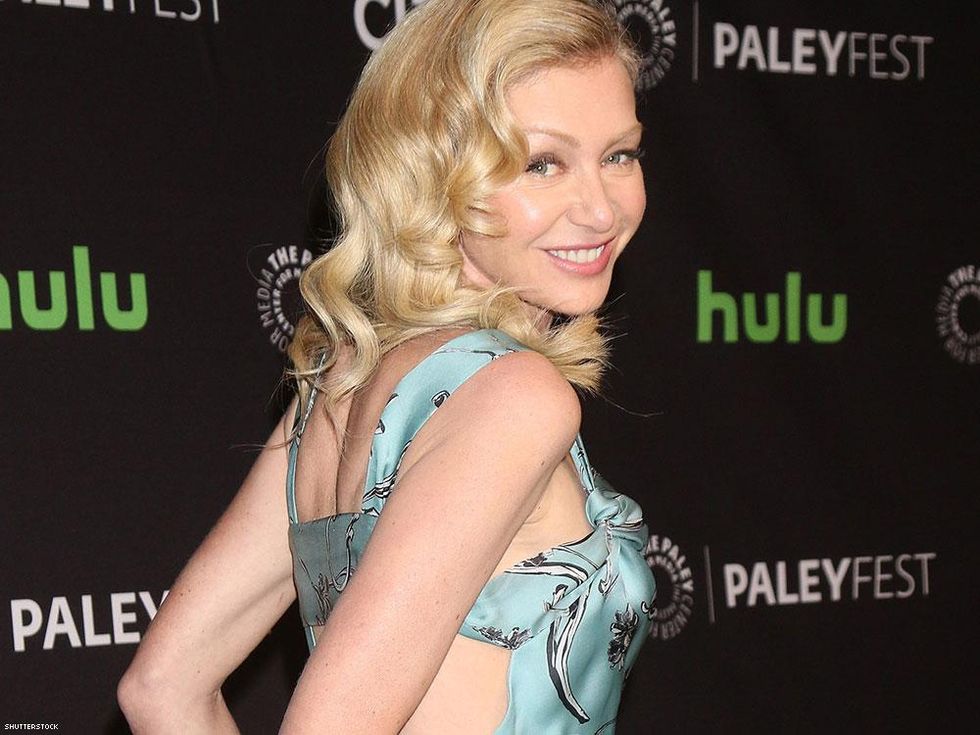
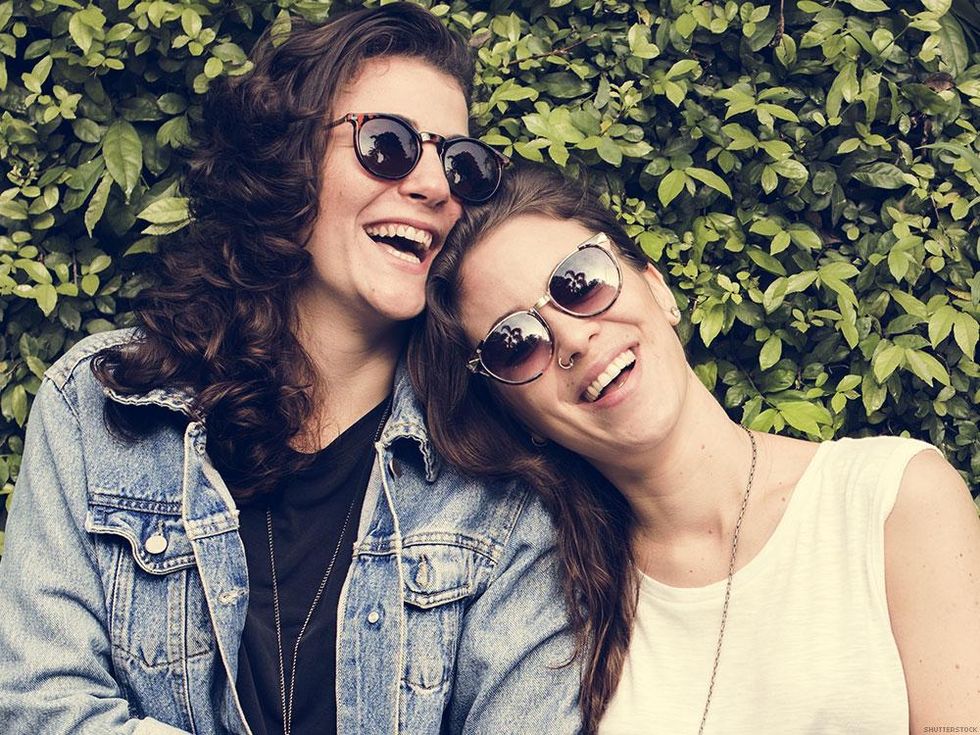
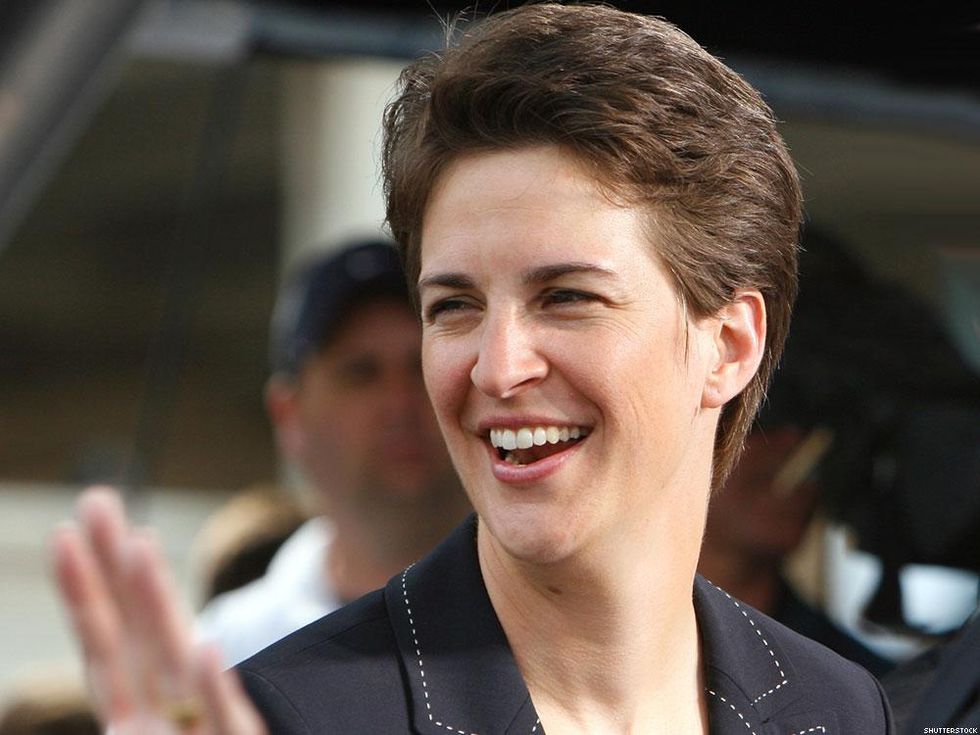
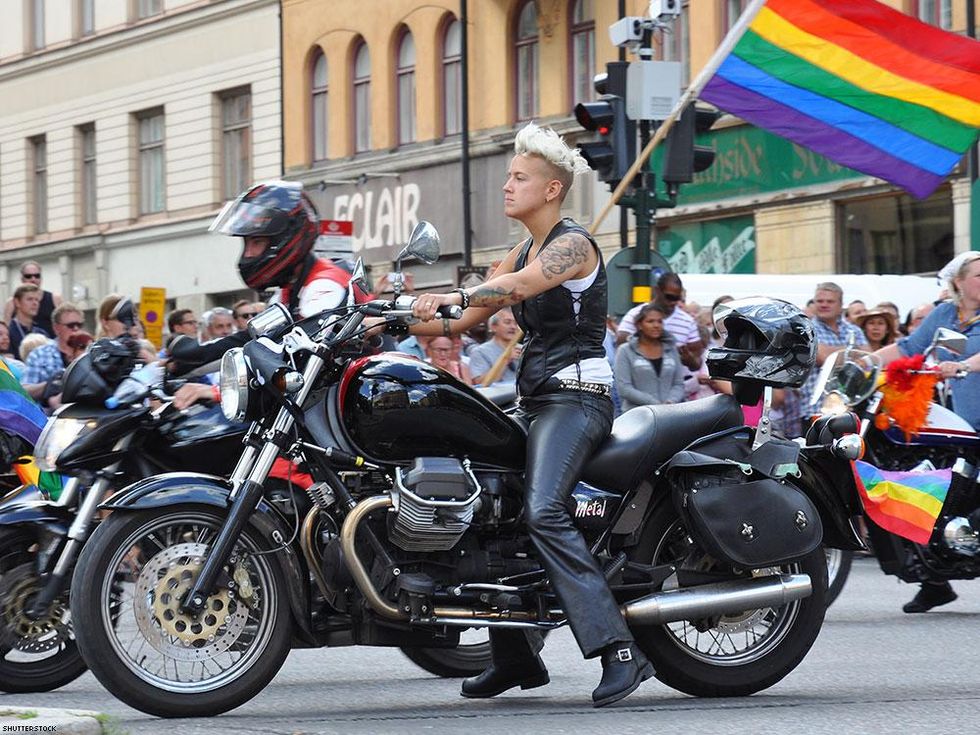
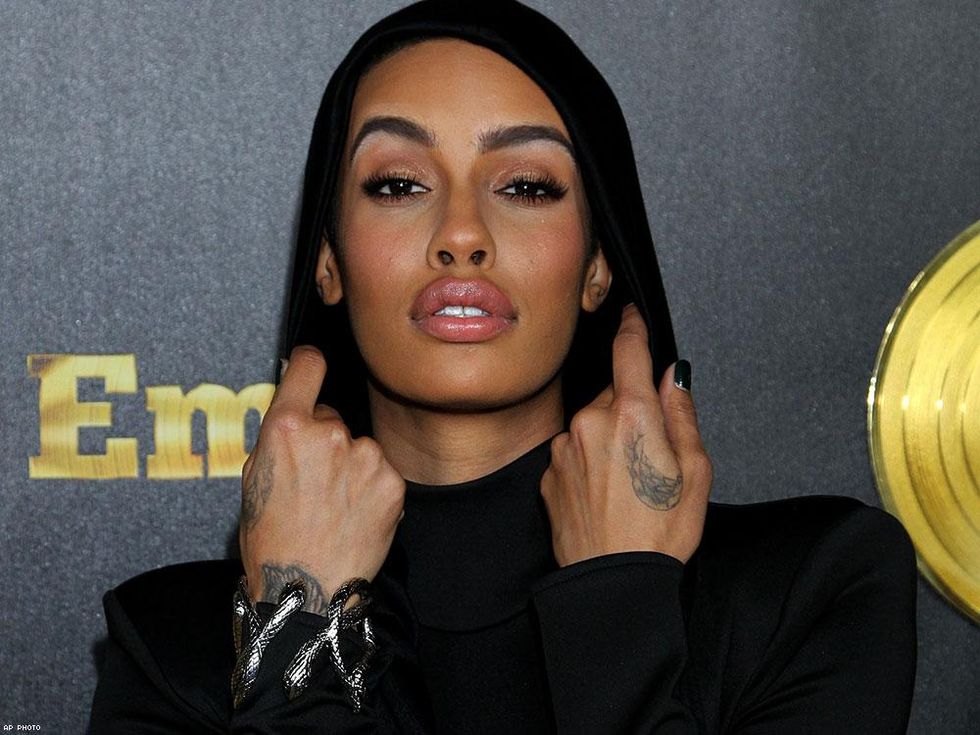

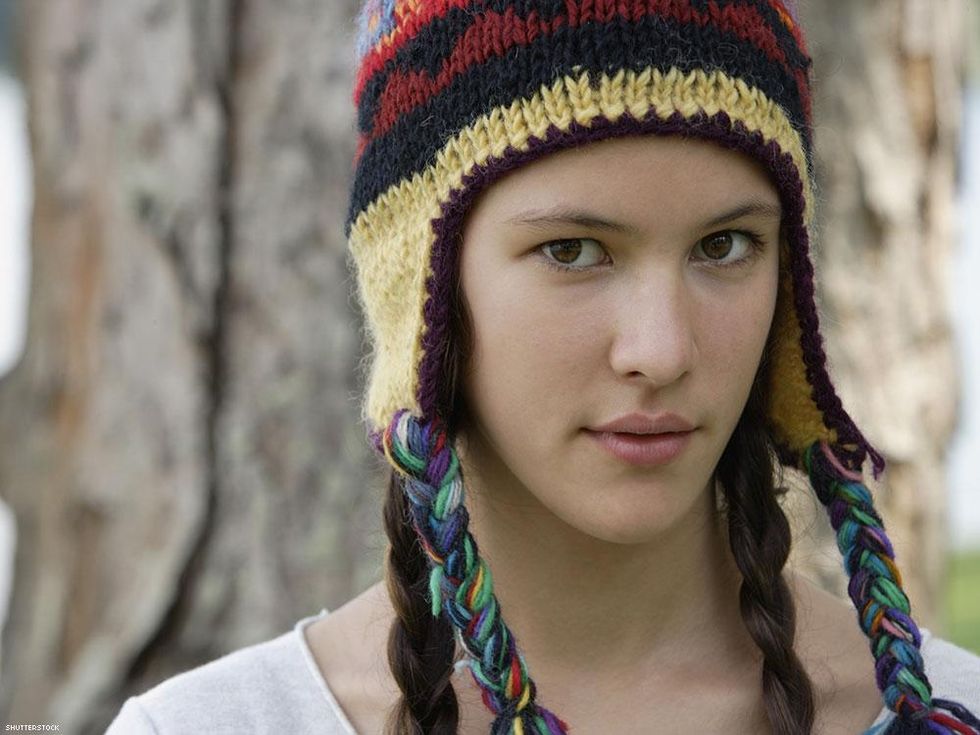


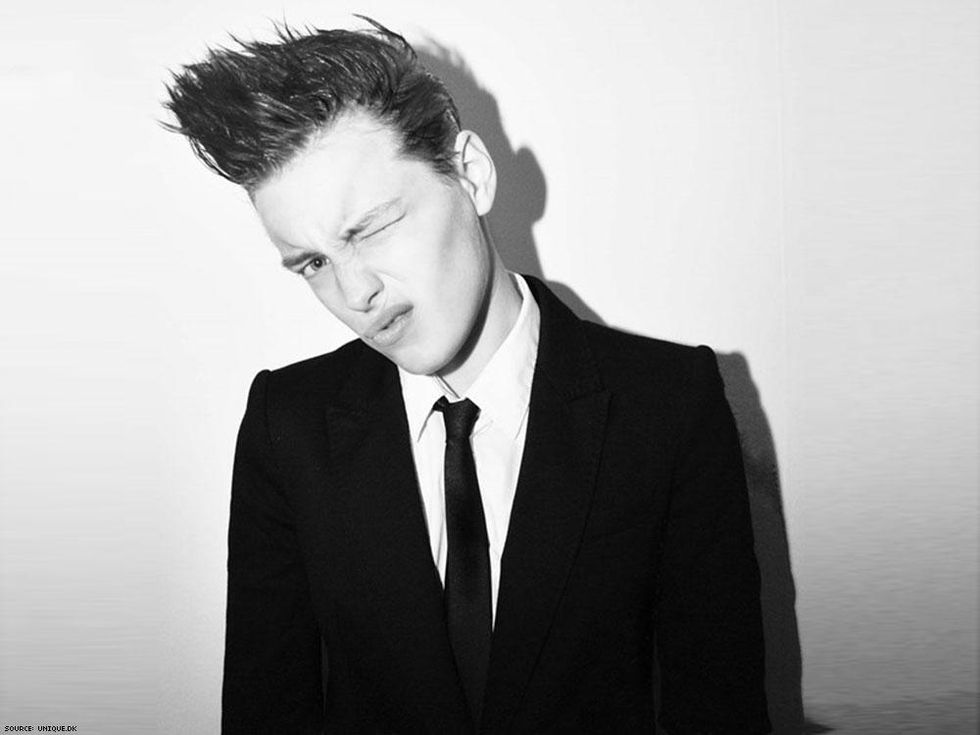

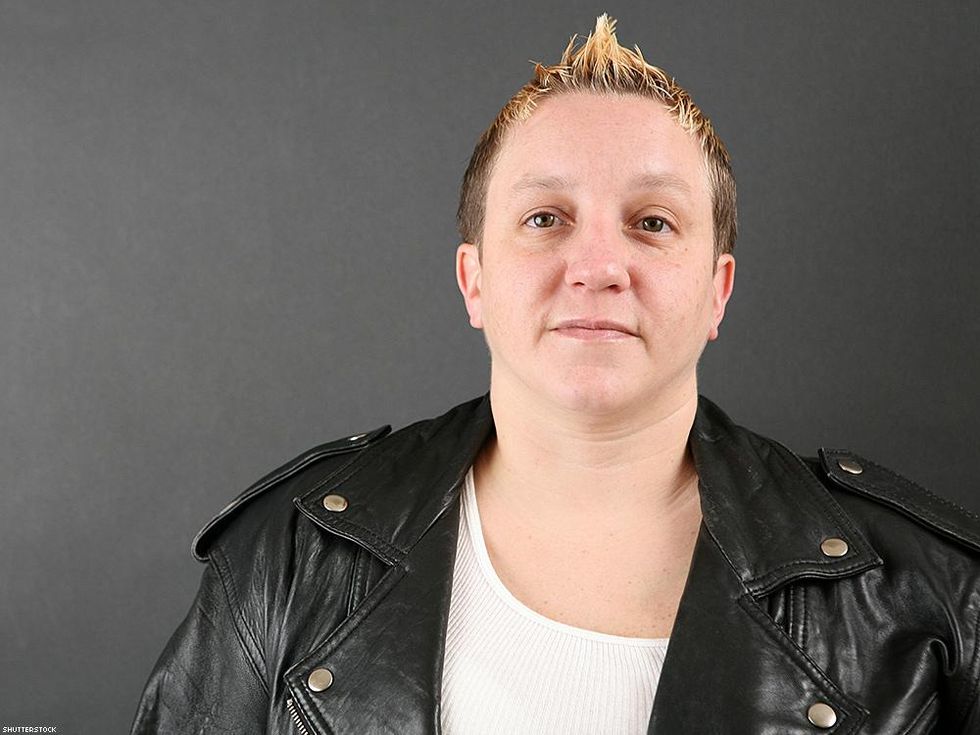

 Replay Gallery
Replay Gallery 
